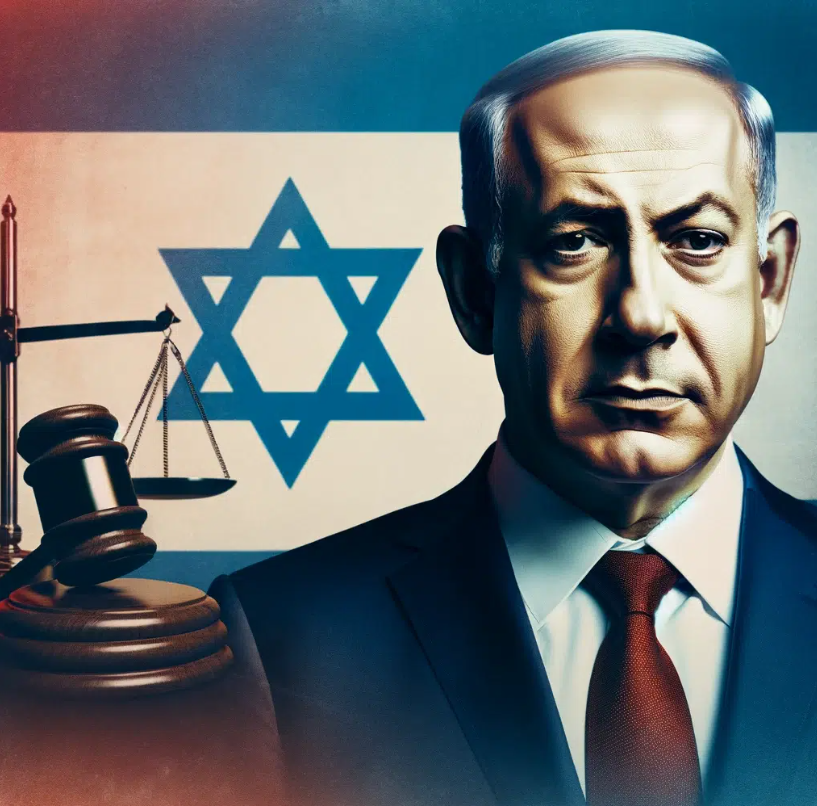A year ago, Israeli Prime Minister Benjamin Netanyahu was facing the lowest point of his political career. Accused by critics of negligence in the October 7 attack—the deadliest assault on Jews since the Holocaust—and even of indirectly enabling it by funding Hamas, Netanyahu’s approval plummeted. According to the reports of Leaders team, support for his Likud Party fell by 25% within three months, with polls predicting grim outcomes.
The year that followed seemed bleak, marked by regional conflict, mass casualties, and accusations of ethnic cleansing and genocide. Yet, Netanyahu ends the year having reshaped his political standing and positioning himself as a leader capable of steering Israel through its tumultuous challenges.
Rebuilding Political Strength

Despite the turmoil, Netanyahu reclaimed his “Mr. Security” mantle, convincing many Israelis that he remains the leader best equipped to protect the nation. His aggressive military campaigns in Gaza, Lebanon, and Syria, alongside strategic political moves—such as firing Defense Minister Yoav Gallant and consolidating his coalition with loyalists—helped stabilize his government and recover public support.
As per the sources of Leaders team, Netanyahu’s handling of Hezbollah’s involvement and Iran’s perceived threats allowed him to redirect focus from his government’s initial failures. He presented himself as the only leader capable of confronting the so-called “Iranian octopus threat,” leveraging the conflict to rally support.
International and Domestic Challenges
Netanyahu’s year was not without significant hurdles. The war in Gaza resulted in tens of thousands of deaths, with the majority being women and children, according to the UN. International criticism of Israel surged, with allegations of war crimes and genocide from organizations like Amnesty International and governments such as Ireland and South Africa.
The International Criminal Court (ICC) issued an arrest warrant for Netanyahu, accusing him of deliberately depriving Gazans of humanitarian aid and targeting civilians. Netanyahu dismissed these charges as politically motivated, framing himself as a victim of the “deep state” intent on undermining Israel’s right to self-defense.
Domestically, the war strained Israel’s economy, devastated tourism, and led to widespread dissatisfaction. Yet, Netanyahu’s political agility allowed him to deflect much of the blame and regain footing, with support for Likud recovering to pre-October 7 levels.
A Controversial Legacy
While Netanyahu has managed to stabilize his political position, his future remains uncertain. His corruption trial continues, and his coalition, though more secure, remains fragile. Israel’s international reputation has suffered, and the long-term implications of the Gaza war and regional conflicts are yet to unfold.
“If you took it as a movie, we still haven’t seen the last scene,” remarked political strategist Nadav Shtrauchler. Netanyahu may have weathered a year of unprecedented challenges, but the road ahead promises continued turbulence for both his leadership and the nation he governs.









